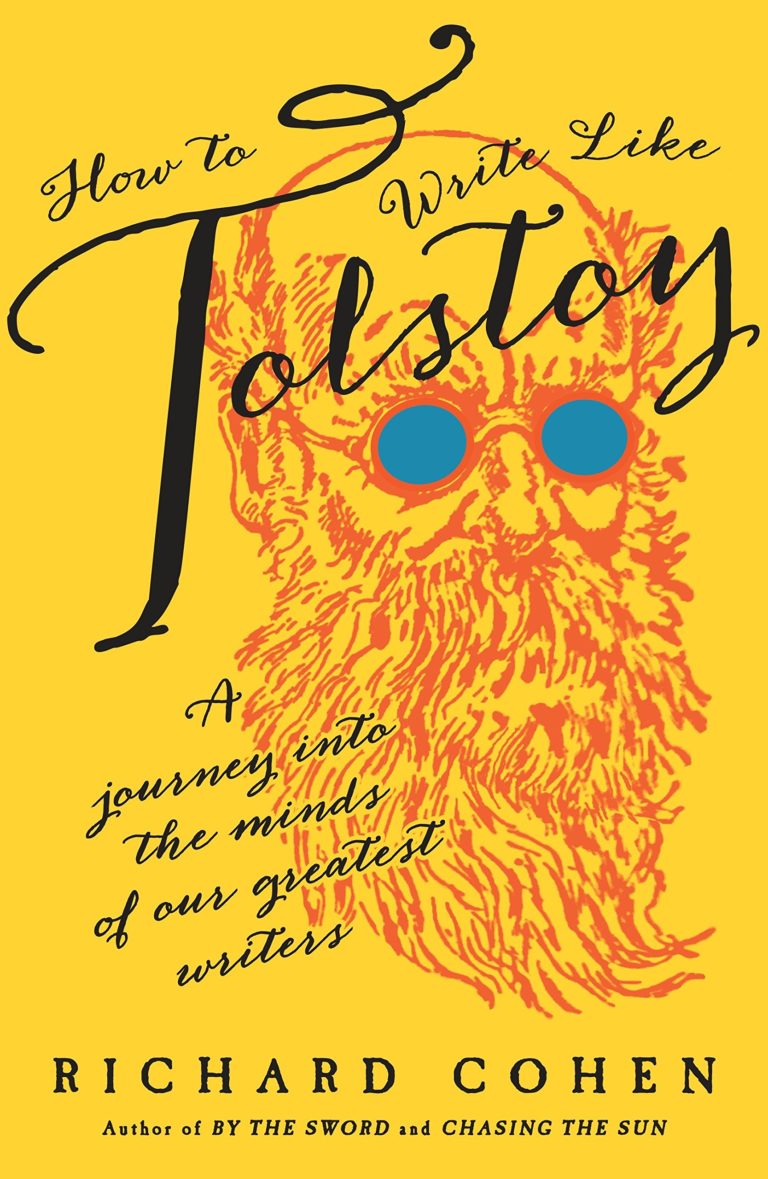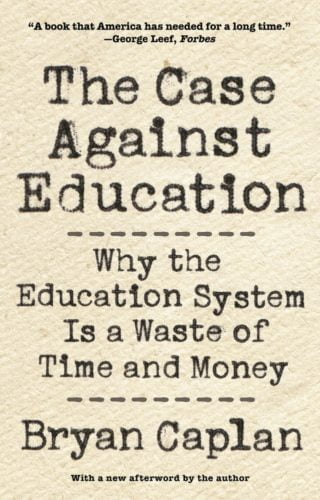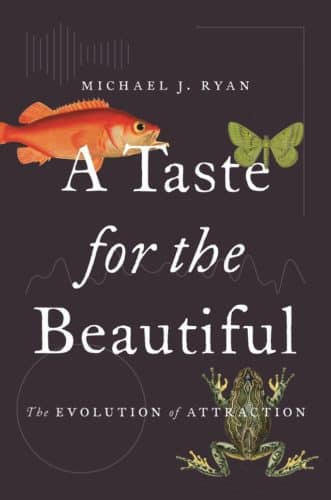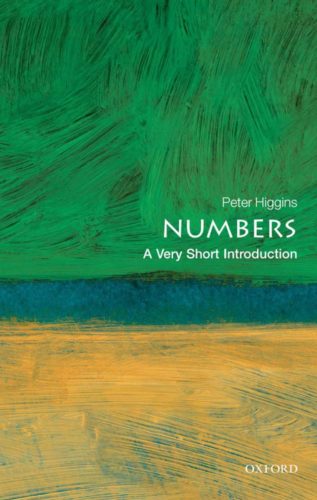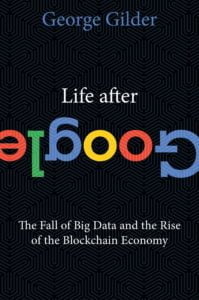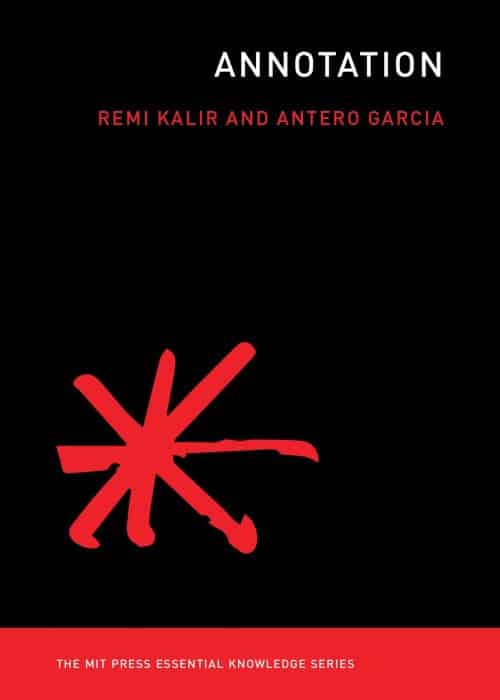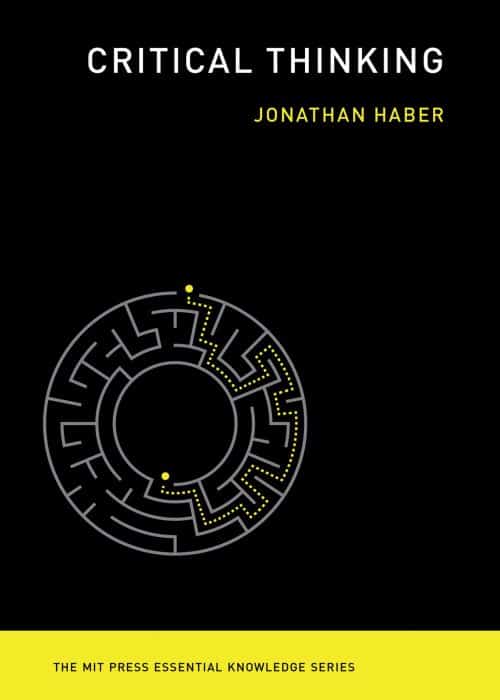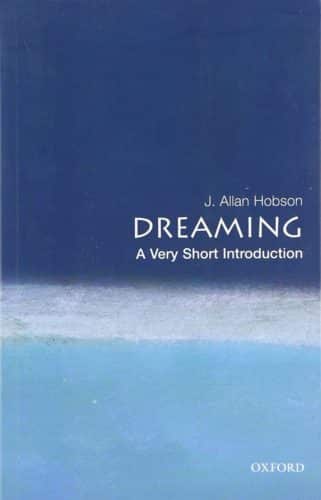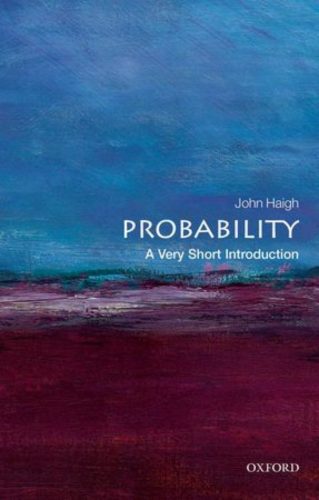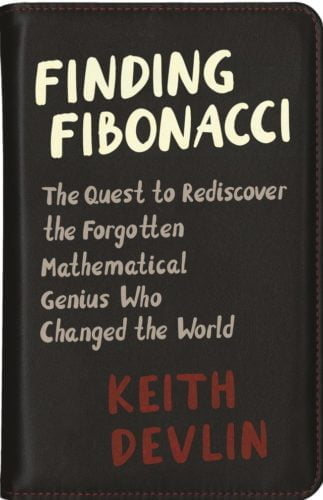“How to Write Like Tolstoy is a thought-provoking journey inside the minds of the world’s most accomplished storytellers, from Shakespeare to Stephen King, for anyone who has ever identified with a hero or heroine, been seduced by a strong opening sentence, or been powerfully moved by a story’s ending.
In an effort to take readers on a journey into the concerns, strategies, tricks, foibles, and, occasionally, obsessions of our most brilliant writers, I have made an effort to describe the art of writing in as much of the authors’ own words as possible.
— from the Foreword
Every celebrated piece of literature is the result of a wealth of thoughtful choices. The best writers laboriously—and perhaps obsessively—work on every aspect of their works, from dialogue and point of view to narrative and character development.
What prompted Nabokov to choose Lolita as her name? Why did Fitzgerald choose to write The Great Gatsby in first person? How did Kerouac, who was adamantly opposed to revision, decide to eventually rework On the Road? Richard Cohen, a seasoned editor and educator draws from his extensive library from a lifetime of reading as well as his understanding of what makes excellent prose soar. Your book’s opening paragraph should fix most of the difficulties, according to Gabriel Garcia Marquez and Virginia Woolf’s concept of style (“It is all rhythm. The nature of fiction has been discussed by Vladimir Nabokov (“All great books are wonderful fairy tales”); once you understand that, you can never use the wrong words.
To identify the components that contributed to our best authors’ prose being remembered, Cohen studied their published works and unpublished writing. The result is a distinctive investigation into the process and art of writing that enhances our enjoyment of the greatest works of classic and contemporary fiction. He illustrates the difficulties that even the best writers faced and demonstrates how they overcame them by invoking the fantastic, the well-known, and the irreverent.”

